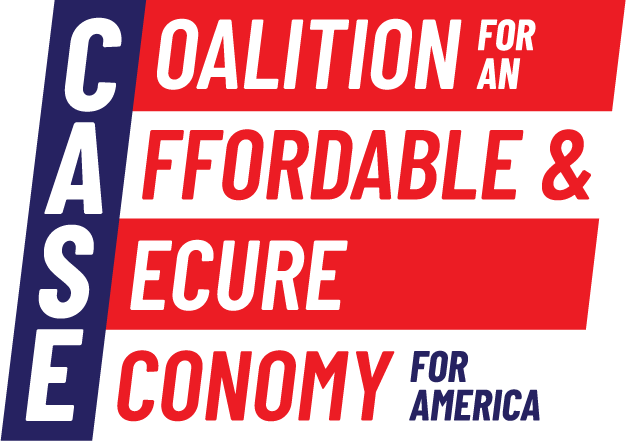Majority Of Americans Disapprove Of Tariffs, Consumer Sentiment Drops Again & Retailers Warn Of Product Shortages
As President Trump reaches 100 days during his second term in office, the turmoil surrounding tariffs is escalating economic uncertainty and putting Americans on edge. A Washington Post-ABC News-Ipsos poll released last week is just the latest evidence showing 64 percent – or nearly two out of three – Americans disapprove of President Trump’s handling of tariffs. The Washington Post reports:
- “Opposition has been rising among households, businesses and investors to Trump’s newest tariffs, which include a 10 percent duty on all imports and up to 145 percent on Chinese goods. At the same time, consumers and business owners say they’re feeling increasingly downbeat about the economy, and economists are warning that a recession is more likely this year.”
Meanwhile, the University of Michigan’s latest survey on consumer sentiment showed an eight percent drop in April – the fourth straight month of decline.
- Joanne Hsu, the survey’s director said, “While this month’s deterioration was particularly strong for middle-income families, expectations worsened for vast swaths of the population across age, education, income, and political affiliation … Consumers perceived risks to multiple aspects of the economy, in large part due to ongoing uncertainty around trade policy and the potential for a resurgence of inflation looming ahead.”
Consumer confidence seems unlikely to rebound any time soon as businesses are warning that product shortages are likely on the horizon. Axios and NBC News report that store shelves could wind up empty in the coming weeks:
- The National Retail Federation (NRF) expects imports to decline by 20 percent in the second half of the year if tariffs stay in place and says products likeliest to disappear from store shelves in the coming months are those that are heavily manufactured in China – basic household items such as lower-cost footwear, apparel, toys and electronics.
Axios also reports sales to China of key commodities, like soybeans and pork, are dropping because of tariffs. Soybean and pork shipments to China make up nearly 10 percent of the annual $176 billion in agricultural products that U.S. farmers export. Losing even a fraction of that could be “economically devastating.”
- During April 11 to 17, net soybean sales were down 50 percent week over week and down 25 percent versus the four-week average, per data from the U.S. Department of Agriculture’s Foreign Agricultural Service.
- Net pork sales were down 72 percent week after week and 82 percent versus the four-week average.
- American Soybean Association economist Jacquie Holland said, “This already looks worse than 2018.”
Americans were promised economic policies that would drive down inflation and reduce costs when they voted for new leadership in Washington. Yet, after more than three months under new leadership in the nation’s capital, relief and affordability seem more out of reach than ever as priorities appear misplaced, uncertainty rising and costs growing.

